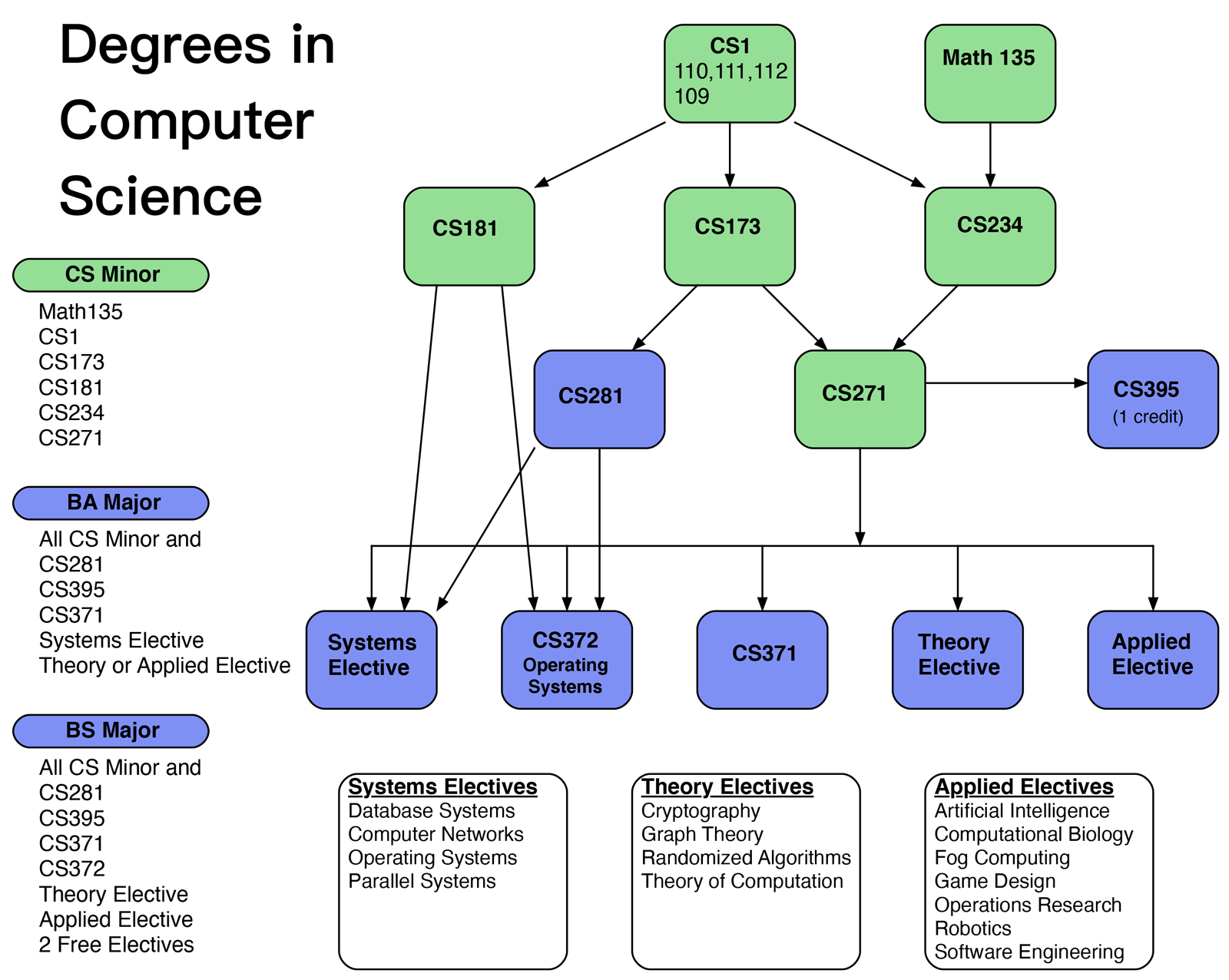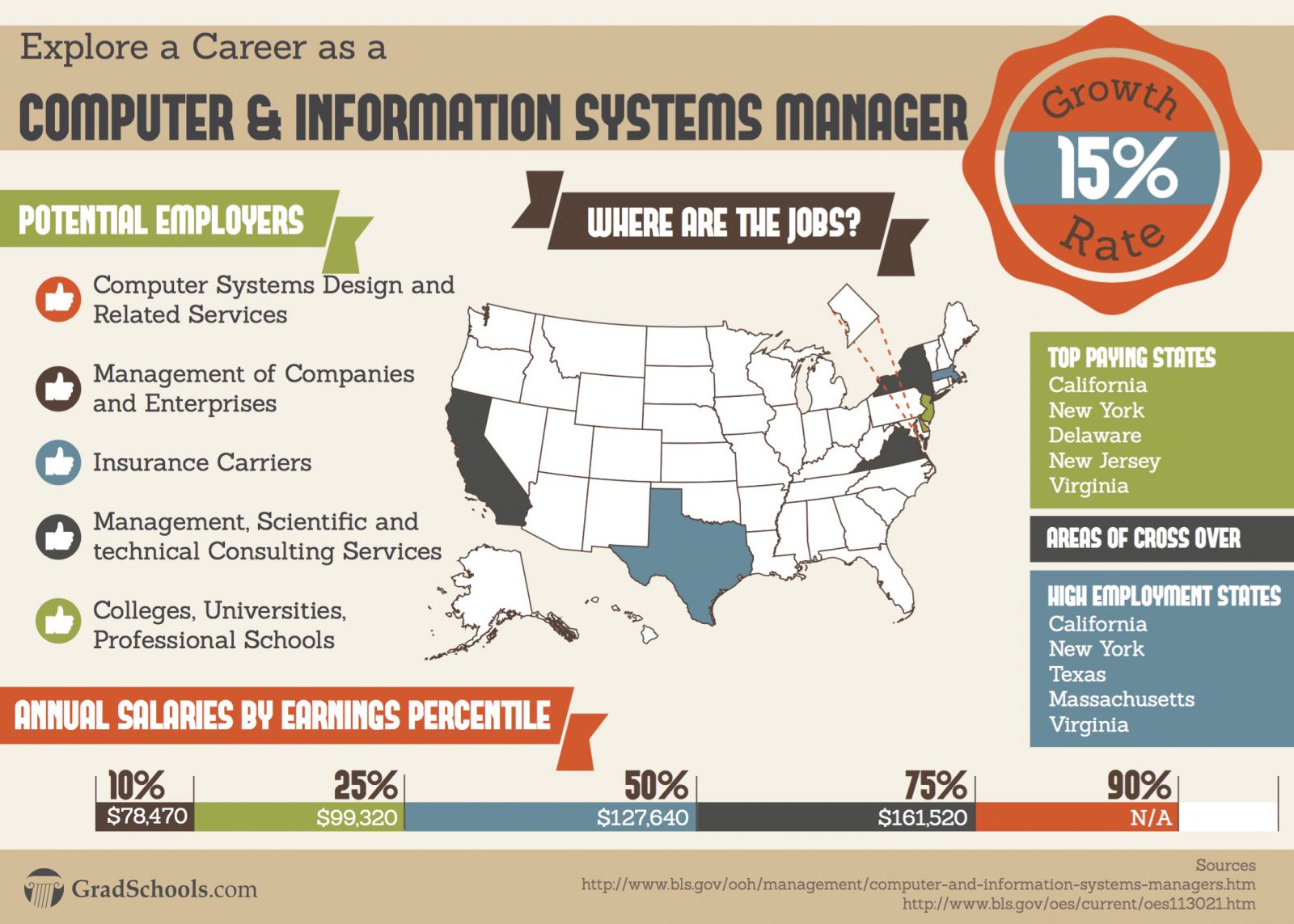Tech Shift: Are CS Grads Facing Fewer Opportunities?
Table of Contents
- The Shifting Sands of Tech Employment
- Beyond the Big Tech Bubble: Redefining Success
- The Rise of AI and its Impact on CS Roles
- Navigating the New Landscape: Key Strategies for Graduates
- Broadening Horizons: Essential Skills for the Evolving Market
- The Enduring Value of a Computer Science Degree
- Where Opportunities Still Thrive
- Building Resilience: A Long-Term Perspective
The Shifting Sands of Tech Employment
For years, the narrative was clear: study computer science, and you're set for life. Universities saw a surge in enrollment, with the number of CS majors growing significantly – by 40% in the past five years alone, according to some analyses. This boom was fueled by the seemingly insatiable demand from tech giants and startups alike, promising high salaries and innovative work. However, as a Wall Street Journal article recently pointed out, perhaps that's no longer the case. The headline that resonated across professional networks was stark: "Computer science majors graduate into a world of fewer opportunities." This sentiment, shared by many, including Owen Cropper, reflects a growing concern among students and educators alike. The once straightforward path to securing a job has become convoluted. The tech industry, while still robust, has undergone a period of recalibration. After years of hyper-growth and aggressive hiring, many companies, including some of the largest players, have initiated hiring freezes or even significant layoffs. This market correction, driven by macroeconomic factors, over-hiring during the pandemic, and a push for greater efficiency, has created a bottleneck for new graduates. Suddenly, the competition for entry-level roles has intensified, and the sheer volume of graduates means that even highly qualified candidates face a tougher climb. This shift means that computer science majors graduate into a world of fewer opportunities in the traditional sense, particularly within the most coveted roles at top-tier companies.Beyond the Big Tech Bubble: Redefining Success
One of the key takeaways for navigating this challenging landscape is to understand that not all opportunities are going to Facebook or Google. For years, the aspiration for many computer science graduates was to land a coveted position at one of the FAANG companies (Facebook, Apple, Amazon, Netflix, Google). These companies represented the pinnacle of tech employment, offering unparalleled compensation, benefits, and prestige. However, the current market reality necessitates a broader perspective. The tech industry is vast and extends far beyond these well-known giants. Every sector, from finance and healthcare to retail and manufacturing, is increasingly reliant on technology. This means that while direct pathways to Big Tech might be narrower, there is still tremendous potential for those with a degree in computer science in diverse industries. The challenge, and indeed the opportunity, lies in redefining what a "successful" tech career looks like. It might not involve a campus in Silicon Valley but rather a dynamic role in a growing fintech company, a healthcare startup leveraging AI, or a traditional enterprise undergoing digital transformation. These roles may not always come with the same level of initial hype or compensation as Big Tech, but they offer invaluable experience, stability, and the chance to make a significant impact.The Rise of AI and its Impact on CS Roles
Technology is evolving at an unprecedented pace, and perhaps no force is reshaping the job market more profoundly than artificial intelligence (AI). As the tech industry evolves, computer science students face unprecedented challenges in securing jobs, partly due to the rapid advancements in AI. More and more companies are turning their attention to AI, and according to data from major HR platforms like Indeed, "hot majors" are constantly shifting in response to rapidly changing technological iterations and societal demands. AI is not just a new field; it's a transformative technology that is both creating new roles and automating existing ones. While AI is undoubtedly generating demand for specialized AI/ML engineers, data scientists, and prompt engineers, it also means that some more routine coding or data processing tasks might become less human-intensive. This doesn't necessarily mean fewer jobs overall, but it does mean a shift in the *type* of jobs available and the skills required. Graduates who understand AI's capabilities, can work alongside AI tools, or specialize in developing AI applications will be at a distinct advantage. This trend underscores the importance of continuous learning and adapting to new paradigms, ensuring that computer science majors graduate into a world of fewer opportunities for static, traditional roles, but a burgeoning landscape for dynamic, AI-integrated ones.Navigating the New Landscape: Key Strategies for Graduates
The current job market requires a more strategic and proactive approach from computer science graduates. It's no longer enough to simply have a degree; demonstrating practical skills, adaptability, and a keen understanding of market needs is paramount.Understanding the Market Correction
The recent slowdown in traditional computer science job opportunities should not be seen as a cause for despair, but rather as a signal for adaptation. This market correction is a natural part of any industry's growth cycle. Companies are becoming more selective, prioritizing candidates who can demonstrate immediate value and possess a diverse skill set. Graduates need to research current market demands, identify industries that are still growing or have consistent tech needs (e.g., cybersecurity, cloud infrastructure, specialized AI applications), and tailor their job search accordingly. This involves looking beyond the most publicized tech companies and exploring opportunities in less obvious sectors that are nonetheless hungry for tech talent.Networking and Personal Branding
In a competitive environment, who you know and how you present yourself become incredibly important. Networking extends beyond just attending career fairs; it involves connecting with professionals on platforms like LinkedIn, participating in online communities, and attending industry meetups. Building a strong personal brand means having a well-curated online presence, a portfolio of projects (even personal ones), and the ability to articulate your skills and passions clearly. For example, showcasing personal projects or contributions to open-source initiatives can be far more impactful than just listing coursework. This is where advice from channels that help you get CompTIA certified, like @techgee or @zero_to_it_pro, can be invaluable, not just for certification but for understanding the practical skills and community engagement that employers value.Broadening Horizons: Essential Skills for the Evolving Market
It's crucial to broaden horizons beyond the core curriculum. While a solid foundation in computer science fundamentals is non-negotiable, the market increasingly demands a wider array of skills, both technical and non-technical.The Importance of Specialization
While a broad computer science degree provides versatility, specializing in a high-demand niche can significantly improve job prospects. This could include cybersecurity, data engineering, cloud computing (AWS, Azure, GCP), DevOps, or specific areas within AI like natural language processing or computer vision. Specialization demonstrates a deeper commitment and expertise in a particular area, making a candidate more attractive for targeted roles. For those considering a computer science master's degree, the choice between a master's thesis or a project-based approach can also influence specialization and career trajectory, with a thesis often allowing for deeper research into a niche area.Lifelong Learning in a Dynamic Field
The pace of technological change means that what is relevant today might be obsolete tomorrow. Computer and information science is one of the fastest-evolving fields. Therefore, a commitment to lifelong learning is not just an advantage but a necessity. This involves continuously updating skills through online courses, certifications, workshops, and self-study. Platforms like Coursera, edX, and even specialized bootcamps offer opportunities to learn new languages, frameworks, or methodologies. Embracing this mindset ensures that graduates remain adaptable and relevant, mitigating the risk of becoming obsolete as the industry shifts.The Enduring Value of a Computer Science Degree
Despite the current challenges, it's vital to reiterate that a computer science degree has long promised a lucrative career, and its fundamental value remains strong. The core principles taught in a CS program – problem-solving, algorithmic thinking, data structures, and software engineering best practices – are timeless and universally applicable. These foundational skills equip graduates with the ability to understand complex systems, design efficient solutions, and adapt to new technologies. Even as the immediate job market presents hurdles, the long-term prospects for individuals with a solid computer science background are still robust. The degree provides a powerful analytical framework that extends beyond just coding; it teaches how to approach problems logically and systematically, skills that are highly valued in virtually every professional domain. Those from top schools can still get jobs, but the definition of "top" might expand beyond just Ivy League institutions to include programs known for their practical, industry-aligned curricula.Where Opportunities Still Thrive
While recent reports indicate a slowdown in traditional computer science job opportunities, this should not be seen as a cause for alarm, but rather a redirection. New horizons for computer science graduates are continually emerging. The growth areas are often found in: * **Niche Technologies:** Quantum computing, blockchain, extended reality (VR/AR), and sustainable tech are emerging fields with high demand for specialized CS talent. * **Interdisciplinary Roles:** As technology permeates every sector, there's a growing need for CS professionals who can bridge the gap between technology and specific industry knowledge (e.g., bioinformatics, computational finance, legal tech). * **Government and Non-Profit Sectors:** These sectors often have stable, if less glamorous, tech needs, from cybersecurity for national infrastructure to data analysis for social programs. * **Startups in Emerging Markets:** Beyond Silicon Valley, many cities and countries are fostering vibrant startup ecosystems that are hungry for talent and offer unique growth opportunities. * **Remote Work:** The rise of remote work has broadened the geographical scope of job opportunities, allowing graduates to access roles regardless of their physical location. The key is to broaden horizons beyond the most obvious or traditional paths and actively seek out these evolving areas where demand continues to outpace supply.Building Resilience: A Long-Term Perspective
The landscape for computer science students and recent graduates has changed dramatically over the past few years, moving from a once straightforward path to securing employment to a more challenging and dynamic environment. This shift underscores the importance of building resilience and adopting a long-term perspective on career development. For graduates like Marco Carmosino, who might have dragged himself to a math class required for all computer science majors, the initial grind of the degree felt like a direct path to a secure future. Now, the journey demands more than just academic prowess. It requires mental fortitude, adaptability, and a proactive approach to career management. This means being prepared for longer job searches, potentially starting in roles that aren't "dream jobs" but offer valuable experience, and continuously honing skills. It also means understanding that career paths are rarely linear and that detours or pivots can lead to unexpected and rewarding opportunities. In conclusion, while it's true that computer science majors graduate into a world of fewer opportunities in the traditional sense, this narrative is incomplete. The tech industry is not shrinking; it's evolving. The demand for skilled professionals who can innovate, adapt, and solve complex problems remains high. The challenge for today's graduates is to recognize this evolution, broaden their skill sets, look beyond conventional paths, and embrace a mindset of continuous learning and strategic networking.The future for computer science graduates is not one of scarcity, but of transformation. Are you a recent CS graduate navigating this new landscape, or an aspiring student considering this path? What strategies have you found most effective, or what concerns do you have? Share your thoughts and experiences in the comments below, and don't forget to explore other articles on our site for more insights into the dynamic world of technology and careers.

Computer-Science Majors Graduate Into a World of Fewer Opportunities

Computer majors

Computer Science Graduate Degree Programs & Schools 2024+